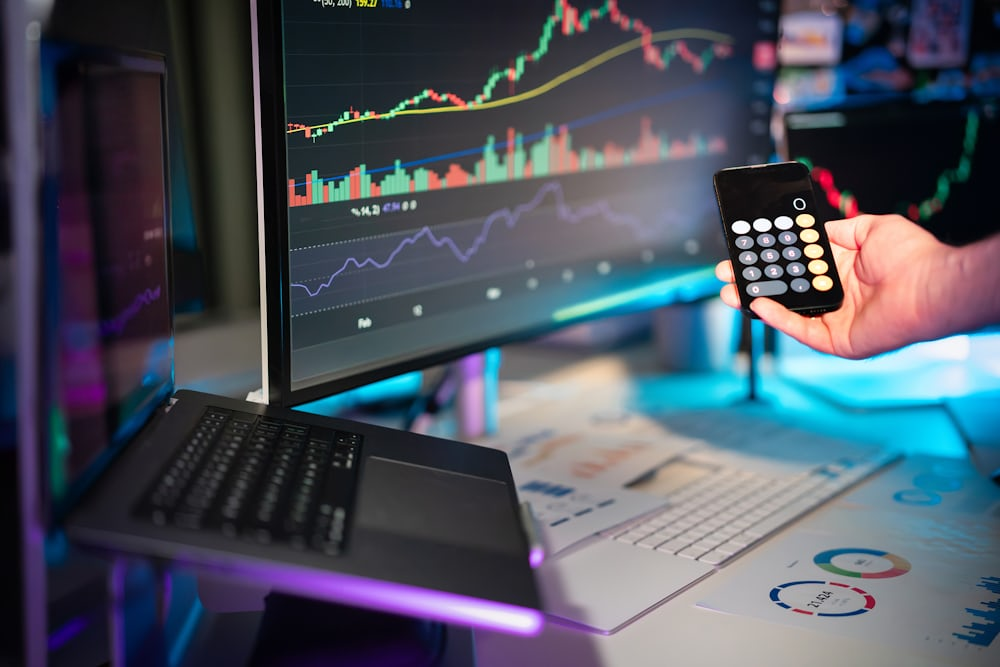In the world of finance and investment, trading is witnessing radical transformations thanks to rapid technological innovations. Among the most prominent of these innovations, the use of Artificial Intelligence (AI) and Quantum Computing emerges as driving forces leading the next revolution in the financial markets. What happens when these technologies intersect? How can they change the game in the world of trading?
AI in Trading: Inevitable Evolution
Artificial intelligence has become an essential element in modern trading strategies. By analyzing big data and using machine learning, AI can predict market movements, discover hidden patterns, and execute trades in fractions of a second. This has led to the emergence of what is known as algorithmic trading, which has been widely adopted by major financial institutions.
Quantum Computing: Absolute Computational Power
Quantum computing represents a qualitative leap in computational power, relying on concepts from quantum physics such as 'superposition' and 'entanglement'. Unlike traditional computers that process bits representing either 0 or 1, quantum computers use 'qubits' that can represent both states simultaneously. This capability allows for millions of complex calculations to be performed in a record time.
How do AI and Quantum Computing meet in trading?
When AI is combined with quantum computing, new horizons open up in the world of trading:
Improving Prediction Models: Quantum computing can accelerate the training processes for AI models, enabling the construction of more accurate and advanced models.
Analyzing Multiple and Complex Markets: Quantum systems can handle the entanglement of global markets and real-time influencing factors.
Better Risk Management: These technologies assist in simulating millions of potential scenarios to identify the lowest risks and the most profitable opportunities.
Current Reality Challenges
Despite the enormous potential, several challenges remain:
Maturity of Quantum Computing: Quantum computers are still in their experimental stages and need further development to become everyday tools in the markets.
Operational Cost: Quantum equipment requires special environments (such as cryogenic cooling), making its use expensive.
Integration Complexity: Combining AI systems with quantum architecture requires rare and integrated expertise.
The Future: Who Will Lead the Race?
Tech giants like Google, IBM, and D-Wave, along with financial institutions like Goldman Sachs and JPMorgan Chase, are heavily investing in this field. These technologies are expected to begin changing the way investment decisions are made in the coming years, especially with the ongoing development of quantum algorithms and enhancing computational power.
Summary
The integration of AI and quantum computing in trading is not just a technical evolution but a financial revolution that could reshape global markets. While some challenges still exist, institutions that prepare early for this phase will be at the forefront of winners in the future financial market.
